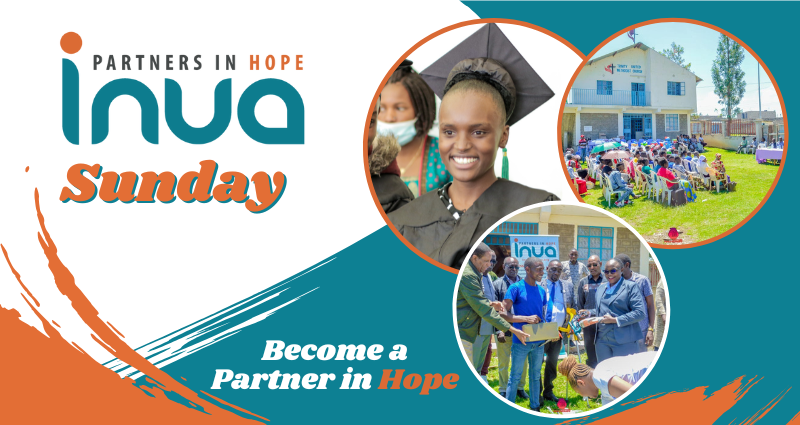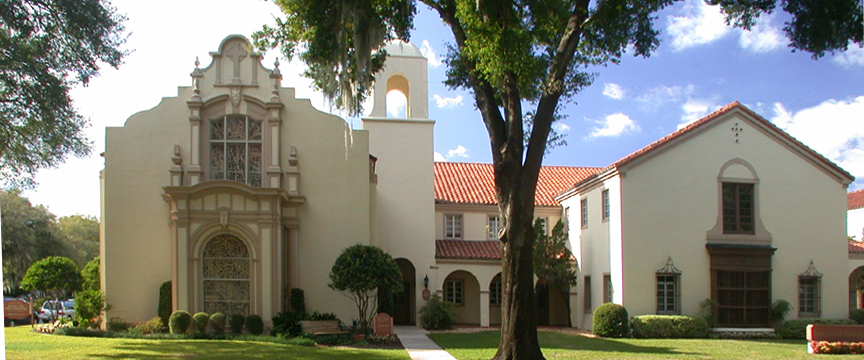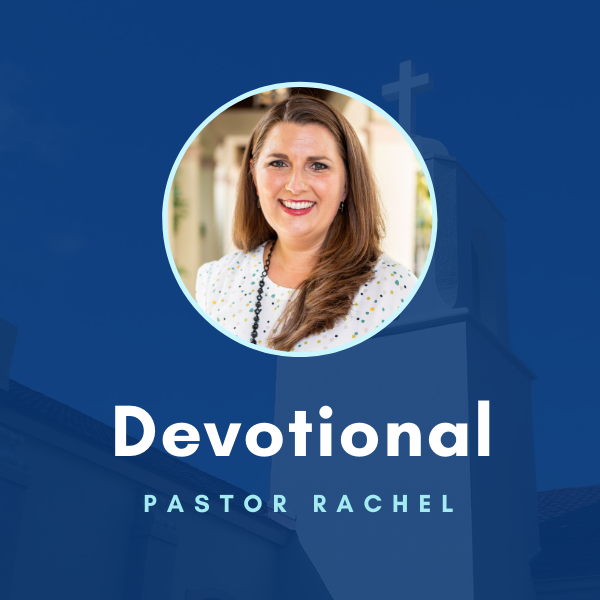Story as Medicine by Tonya L. Tolson
Some years ago, while I was undergoing my own personal transformation out of childhood traumas and through divorce, I had the privilege to attend a lecture with the clinical psychoanalyst and author Dr. Clarissa Pinkola Estés. She’s a prominent storyteller who specializes in stripping down to the bone and sharing the real meaning of fairy tales. Estés highlights such stories in her two extraordinary books entitled, “Women Who Run with the Wolves” and “Untie the Strong Woman.”
Estés was also one of the many clinical psychologists who went to Littleton, Colorado in 1999 to support the community of Columbine H.S., where two students gunned down and killed twelve fellow students and one teacher.
Estés knows that stories are medicine, which provide us with the blueprints to heal and the tools to navigate our lives. Estés writes, “[Stories] have such power; they do not require that we do, be, or act anything – we need only listen. The remedies for repair or reclamation of any lost psychic drive are contained in stories. Stories engender excitement, sadness, questions, longings, and understandings…
“Stories are embedded with instructions which guide us about the complexities of life. Stories enable us to understand the need for and the ways to raise a submerged archetype.”
Estés’ work in story-telling does not only comes from being a writer, poet, and psychoanalyst, but from the experience of being an American, an immigrant, and from her Mexican and Hungarian lineages of family storytellers. Estés wrote: “The healing medicine of story does not exist in a vacuum. It cannot exist divorced from its spiritual source. It cannot be taken on as a mix-and-match project. There is an integrity to story that comes from a real life lived in it.”
Of the many stories Estés archived is one Christians know well:
Once long ago, a man who had been wayfaring alone with no protective guide, was attacked, beaten black and bloody, and he lay bleeding to death on the side of the road.
Various travelers passed by. They all saw the broken soul, but hurriedly stepped over his dying body so they could keep their own appointments.
Two priests in flowing robes from two different religious groups saw the man suffering in broad daylight, but even the anointed literally crossed to the other side of the road to avoid having to engage with or touch the poor man’s wounds.
Recognize the story? It’s the Good Samaritan, one of Jesus’ thought-provoking, heart-shifting, and soul-transforming parables. In these timeless stories, The Wisdom Jesus is pushing each of us out of our comfort zones; calling us to drill down deep not for only the answers, but for additional questions and meaning.
In her analysis of this important parable, Dr. Estés also challenges us with these questions: “Who will tell the stories so that others can know how to kneel to help those who are hurt? Who will tell the stories about how those who did not see before, can seek insight now, and offer meaningful and heartfelt solace now? Who will tell the stories so truths can be told, so the ways of full acknowledgement of what occurred and full mercy can be made known to all? Who will tell the stories so the injured can be healed and rise again, scarred but gradually restored.”
One of the principles of the Diversity Committee’s ministry, along with prayer and devotion, is to tell our stories, those that are individualized and unique, in hope of facilitating healing, empathy, compassion, and love.














